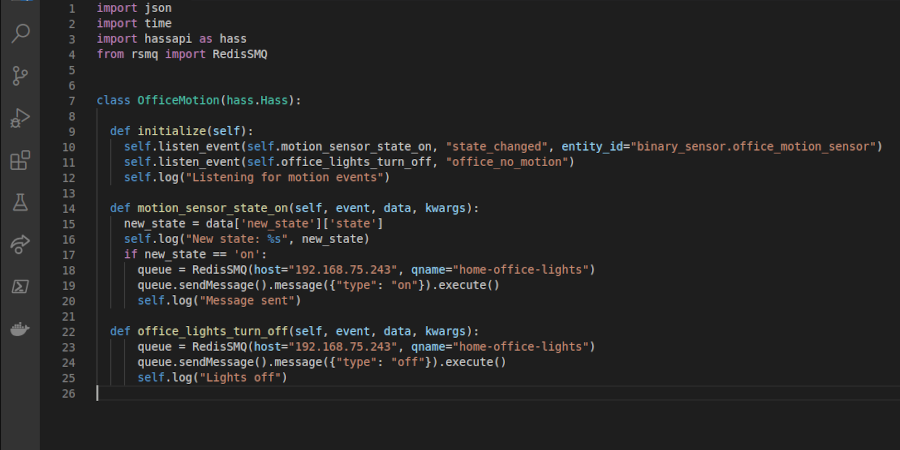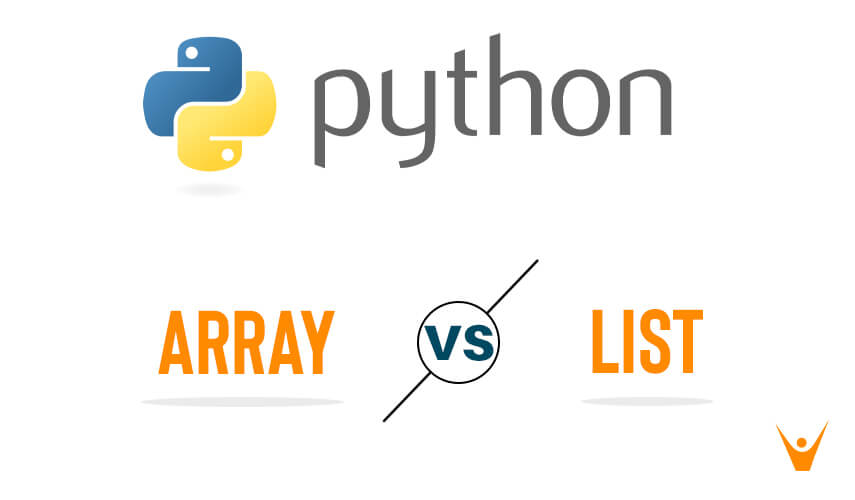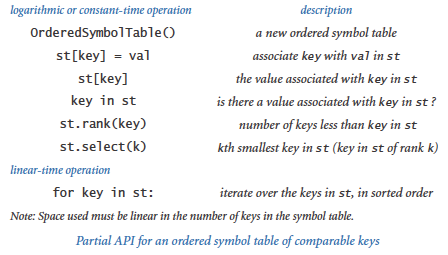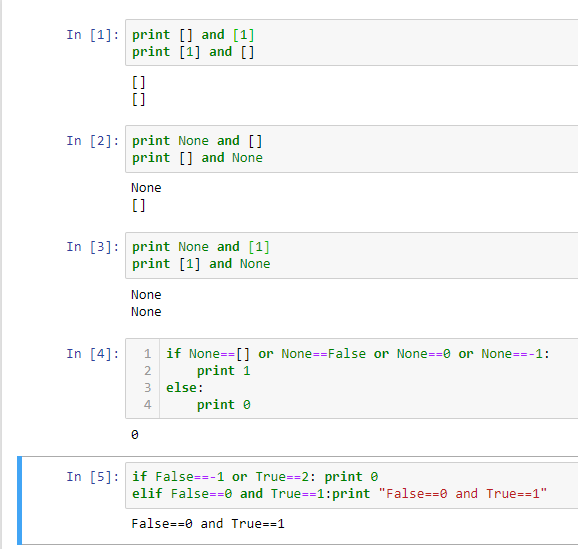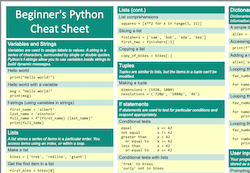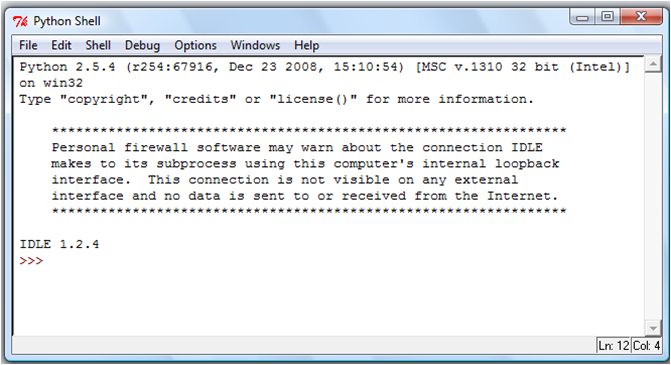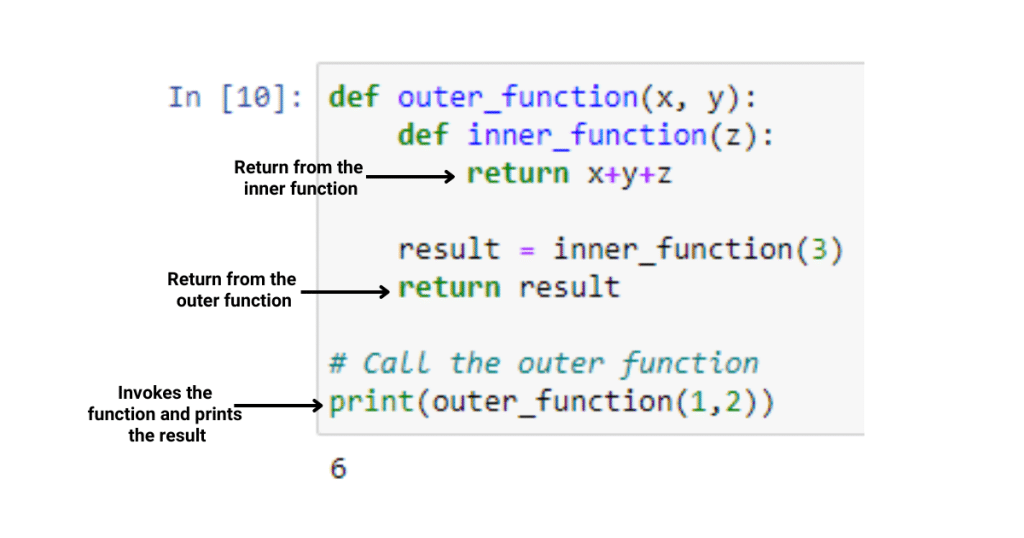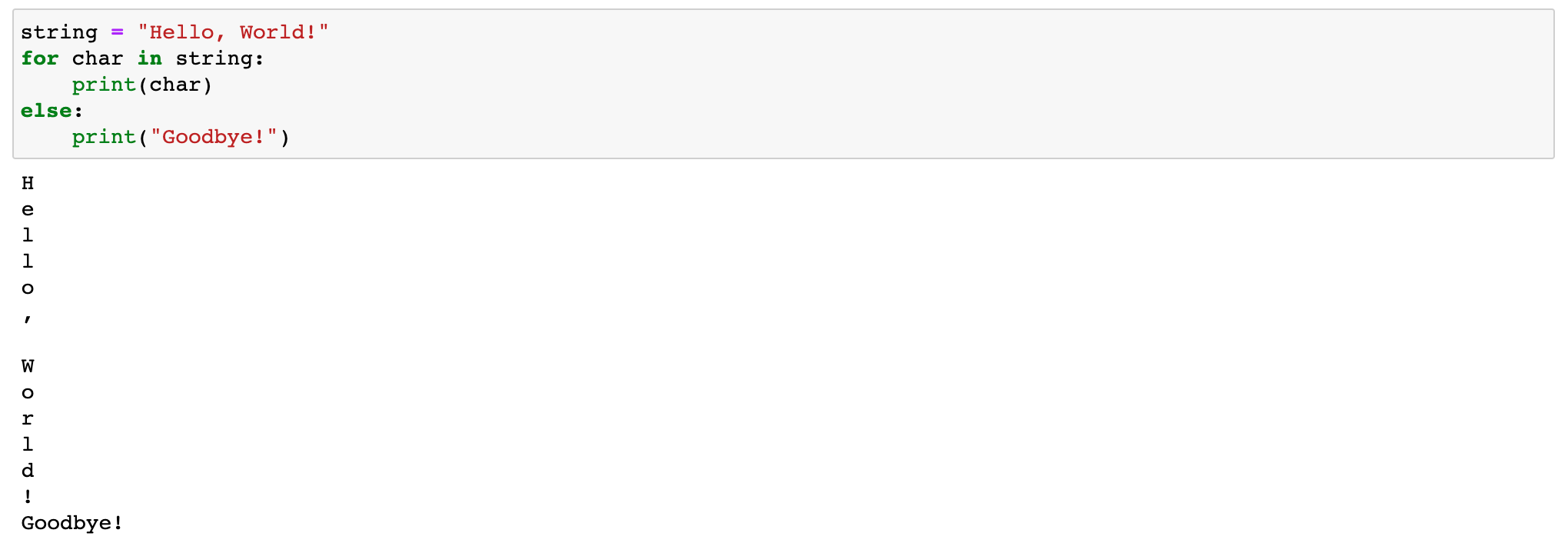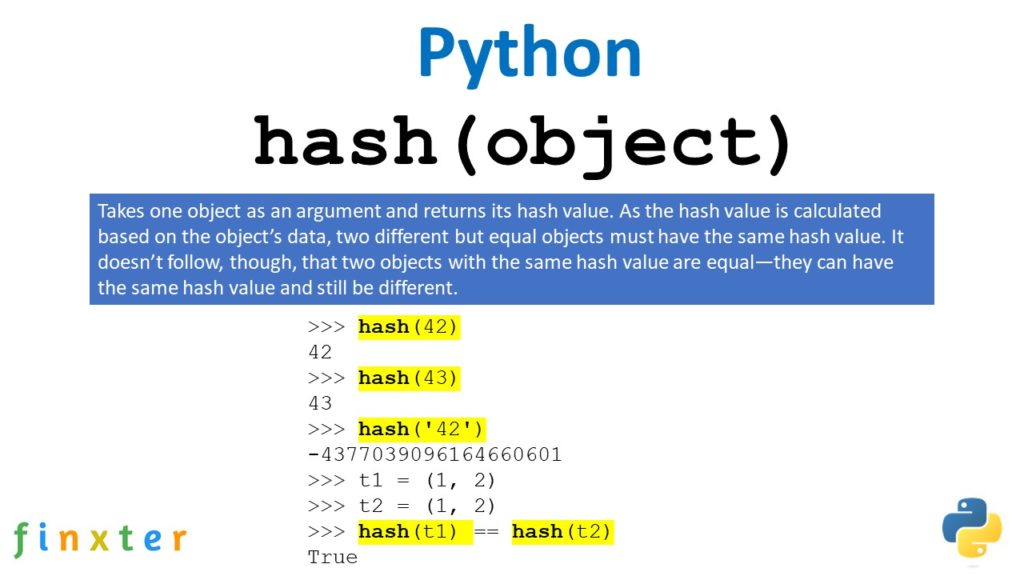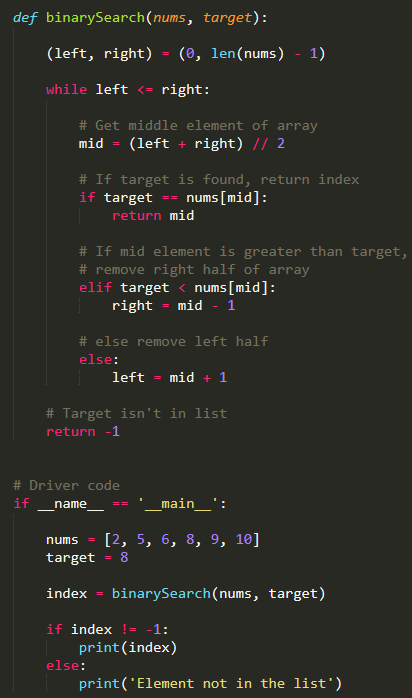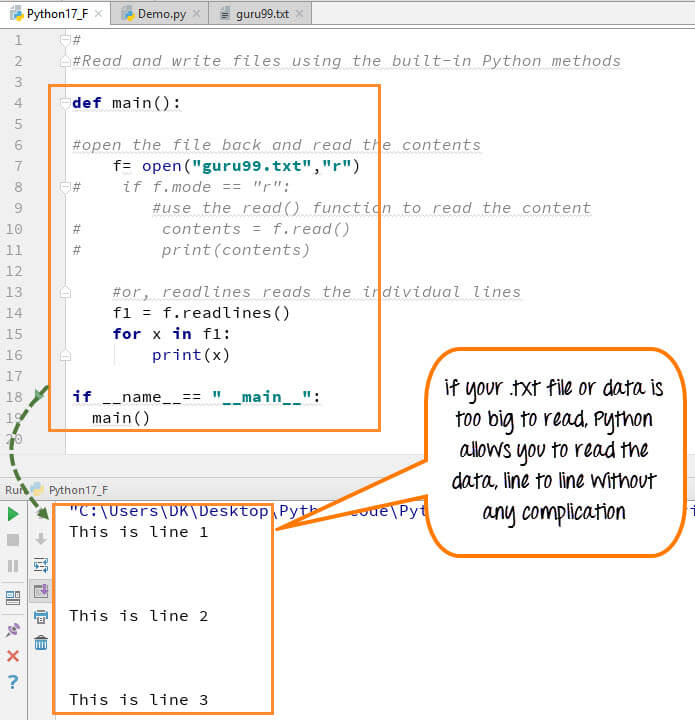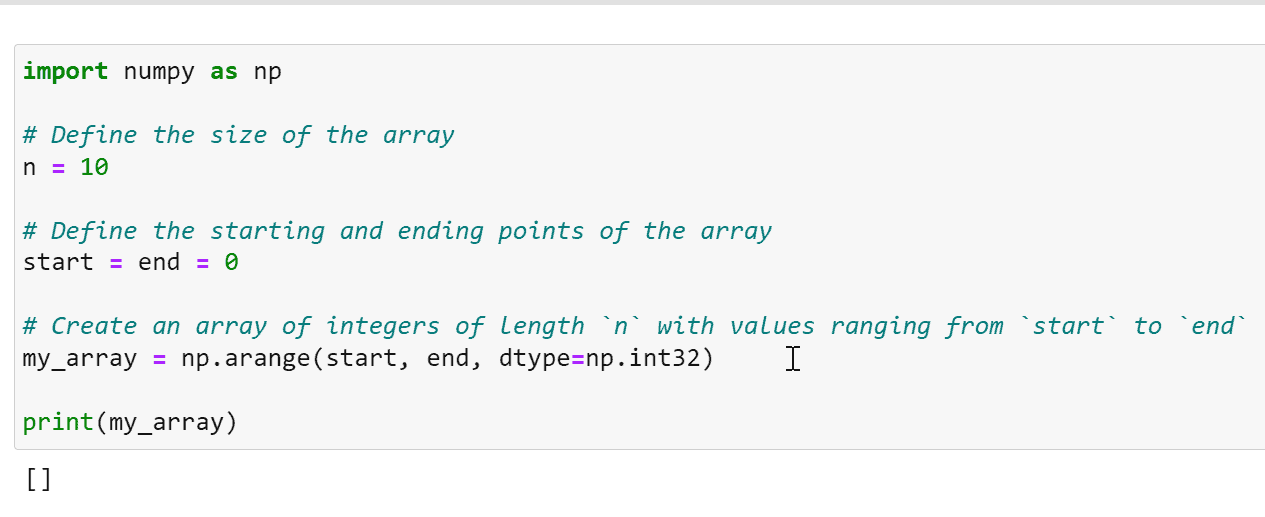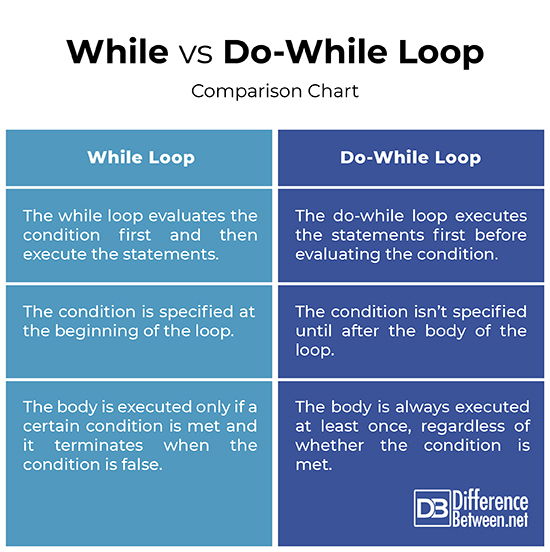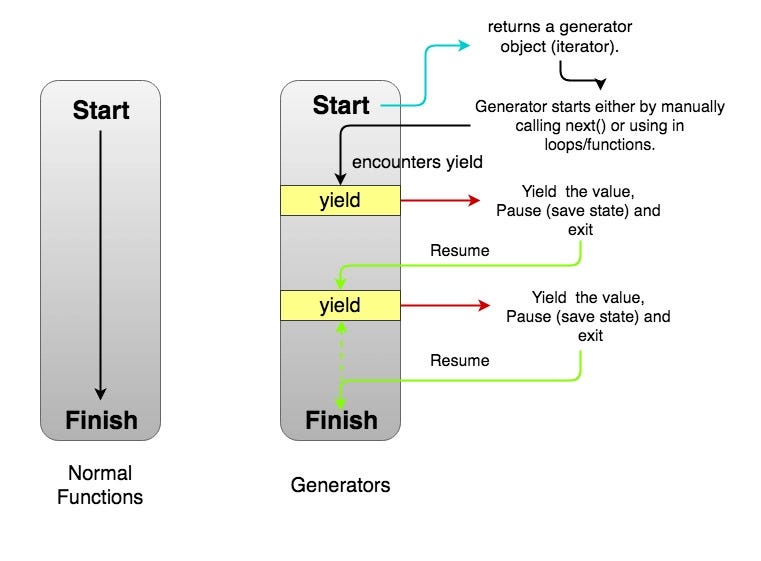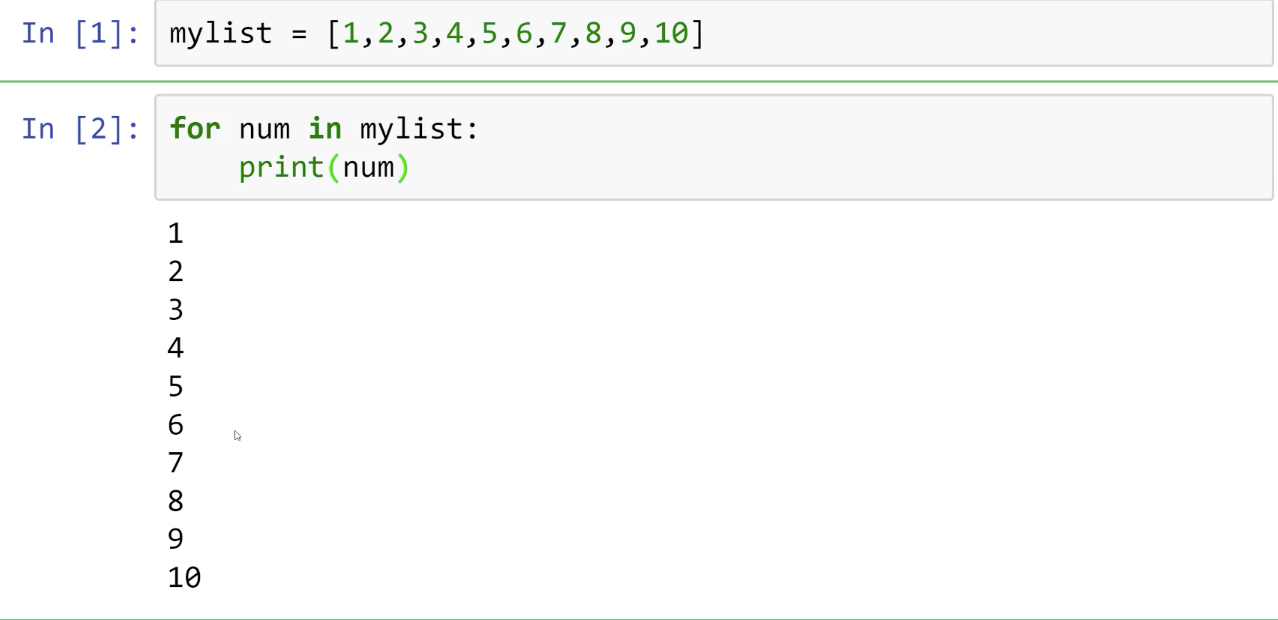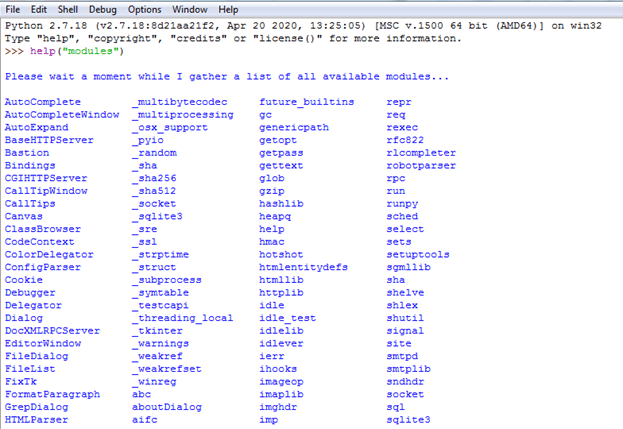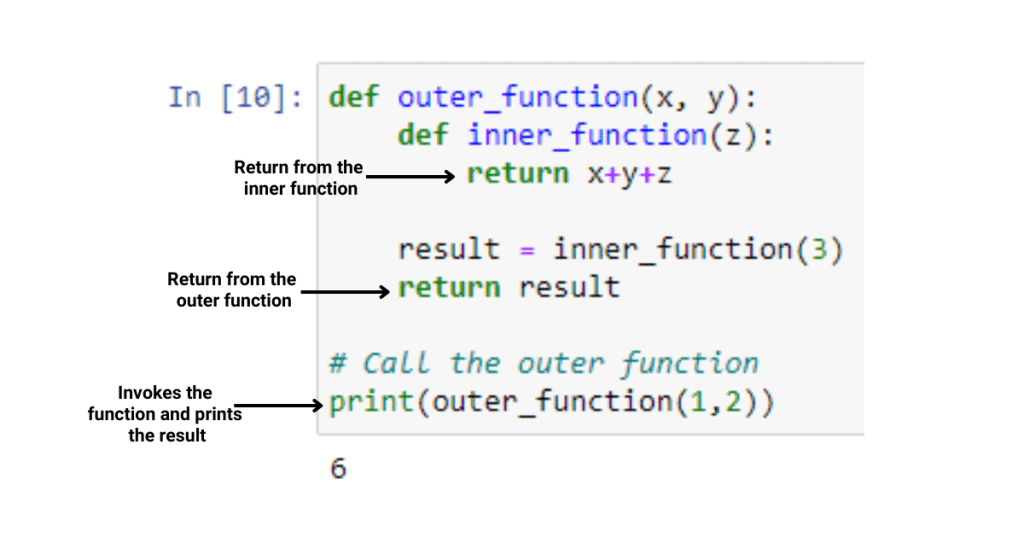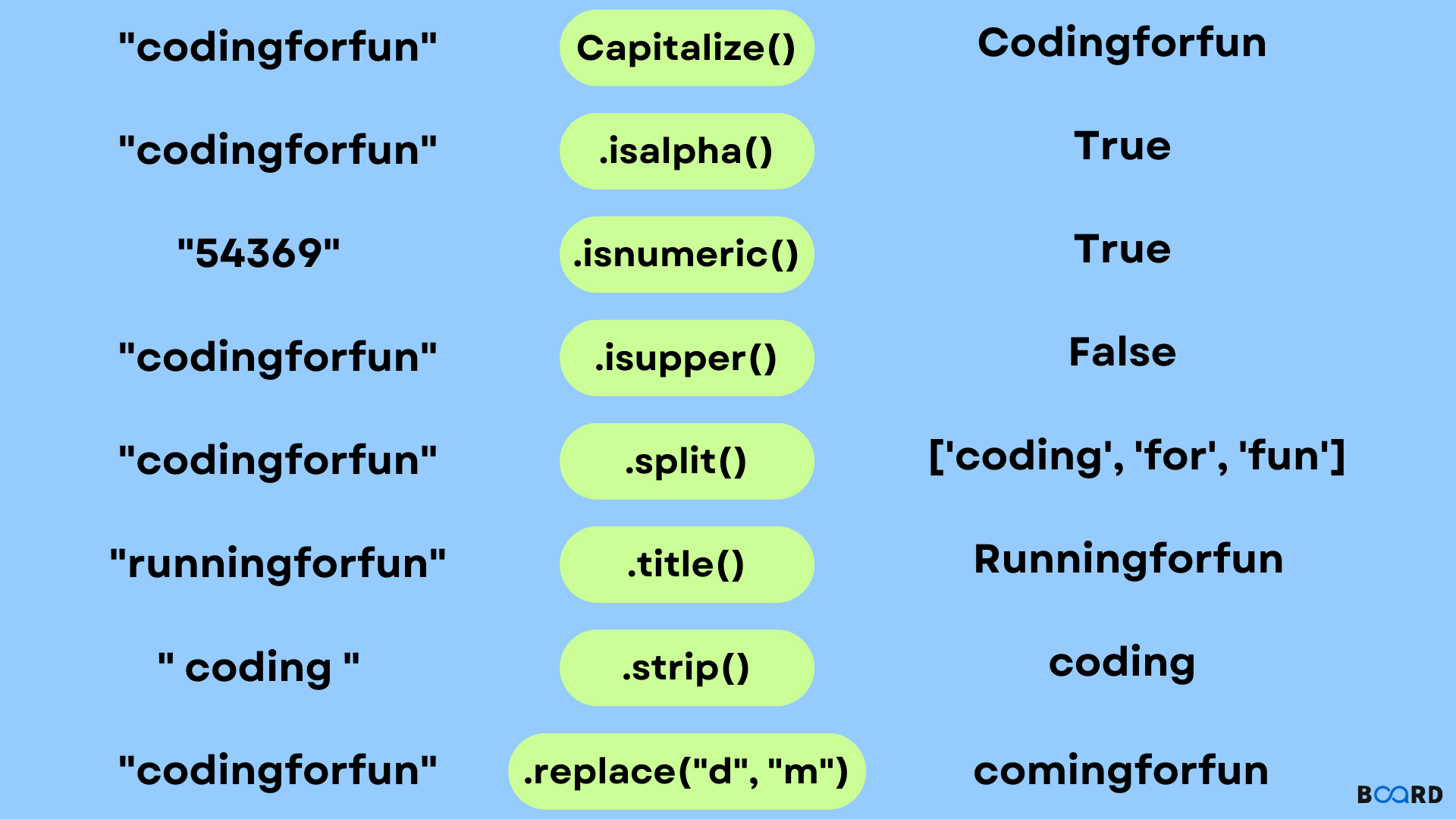Python nonlocal scope
Python nonlocal scope
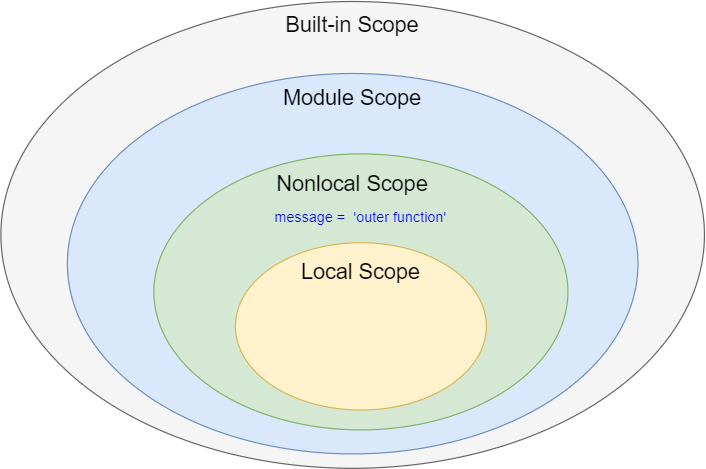
I'd be happy to respond in English and provide information on the nonlocal scope in Python.

In Python, the concept of "nonlocal" is used to modify variables that are contained within a parent function or a nested function from an innermost function. This can seem confusing at first, but it's actually quite straightforward once you understand the basics.
Let's start with some basic definitions:
A nonlocal variable is one that exists in a containing scope and is not local to the current scope. Thenonlocal keyword is used to indicate that a variable is nonlocal. This means that any modifications made to the variable within the function will affect the original value outside of the function.
Here's an example to illustrate how this works:
def outer():x = 10
def inner():
nonlocal x # Indicate that x is nonlocal
print(f"Inner: x = {x}")
x = 20 # Modify the value of x
print(f"Inner: x = {x}")
inner()
print(f"Outer: x = {x}") # Print the modified value
outer()
In this example, x is initialized to 10 in the outer function. The inner function modifies the value of x and prints its new value. Finally, the outer function prints the final value of x, which has been modified by the inner function.
Now, let's explore some more advanced scenarios:
Nonlocal variables can also be accessed from multiple nested functions:def outer():x = 10
def middle():
nonlocal x # Indicate that x is nonlocal
print(f"Middle: x = {x}")
x = 20 # Modify the value of x
print(f"Middle: x = {x}")
def inner():
nonlocal x # Indicate that x is nonlocal
print(f"Inner: x = {x}")
x = 30 # Modify the value of x
print(f"Inner: x = {x}")
inner()
print(f"Middle: x = {x}") # Print the modified value
middle()
print(f"Outer: x = {x}") # Print the final value
outer()
In this example, x is initialized to 10 in the outer function. The middle function modifies the value of x, and then the inner function also modifies it. Finally, the middle function prints its final value.
def outer():x = 0
for _ in range(3):
print(f"Outer: x = {x}")
def inner():
nonlocal x # Indicate that x is nonlocal
x += 1 # Modify the value of x
print(f"Inner: x = {x}")
inner()
print(f"Outer: x = {x}") # Print the modified value
outer()
In this example, x is initialized to 0 in the outer function. The loop runs three times, printing the current value of x, modifying its value within the inner function, and then printing its final value.
In summary, Python's nonlocal scope allows you to modify variables contained within a parent function or nested functions from an innermost function. This can be useful when you need to share data between multiple levels of nesting.
What is the difference between nonlocal and global in Python?
I'd be happy to explain the difference between nonlocal and global variables in Python.
In Python, local variables are those that are defined within a function or method. These variables are scoped to the immediate function or method and are not accessible outside of it. Global variables, on the other hand, are variables that are defined outside of any function or method, usually at the top-level of your script or module.
Nonlocal variables are a special kind of variable in Python that was introduced in version 3.0. Nonlocal variables are used to modify variables from an outer scope, but not necessarily from the global scope. This is useful when you have nested functions and you want to change the value of a variable that is defined in one of the outer scopes.
To understand nonlocal variables better, let's take an example:
def outer():
x = 10
def inner():
nonlocal x
x = 20
print(x)
inner()
print(x)
When you run this code, it will output 20, 20. This is because the inner function changed the value of x that was defined in the outer scope. If we had used a global variable instead:
x = 10
def outer():
pass
def inner():
nonlocal x
x = 20
print(x)
inner()
print(x)
This would also output 20, 20. However, if we hadn't defined the nonlocal keyword and had just written x = 20 in the inner() function, then this code would raise a UnboundLocalError. This is because Python treats the variable as local by default.
To summarize:
Local variables are those that are defined within a function or method. Global variables are those that are defined outside of any function or method. Nonlocal variables allow you to modify variables from an outer scope, but not necessarily from the global scope. This is useful when you have nested functions and you want to change the value of a variable that is defined in one of the outer scopes.I hope this explanation helps! Let me know if you have any further questions.
